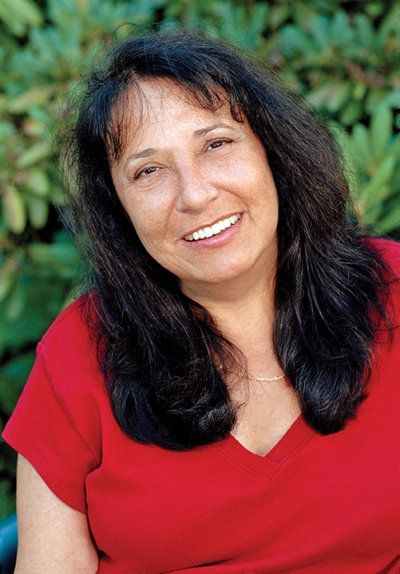
By
For many, the Israeli-Palestinian conflict seems intractable. But for Professor of Sociology Eve Spangler, a resolution to the conflict seems a possibility if parties are willing to approach the situation from a human rights platform.
Her new book, Understanding Israel/Palestine: Race, Nation, and Human Rights in the Conflict, is both an introduction to the conflict and a call to action for human rights advocates and ordinary citizens to be part of a conversation about finding a resolution.
“A human rights framework should be used as a basis of conflict resolution. It’s the only just way,” said Spangler. “There are 12.2 million people living between the Jordan River and the Mediterranean Sea. They all have equal human worth, but are living unequally.
“We can choose to decide that everyone who is here gets to stay here. Everybody gets to be treated equally, decently. Nobody gets pushed into the sea.”
Spangler cites her family’s history with the destructive power of hatred, injustice and inequality as one of the reasons she feels strongly about applying a human rights standard to this conflict. Spangler is the daughter of two Holocaust survivors. Her grandmother was killed and her uncles were in concentration camps. Her mother was the head chaperone on one of the last children’s trains that was allowed to leave, taking 27 children to safety.
“I’m not taking one side over the other. I’m taking the side of human rights. My focus is on the now and the future, not the past.”
Each fall, Spangler leads a seminar titled Human Rights and Social Justice in Israel/Palestine, which is open to students across disciplines. The students read about conflict resolution and human rights and learn the history of the Israeli-Palestinian conflict, both political and economic. Every semester break, she accompanies the students on an immersion trip to the region. One hundred students have participated in the trip since 2008. She estimates that about 10 percent of the students have made return trips.
“So many people talk about this conflict, but have not visited the area,” said Spangler. “My students visit the holy sites, pass through the checkpoints, attend talks by activists and meet the people living in the region. They see suffering, but also resilience. It’s an extraordinary trip.”
The students are assigned to do a project that will educate people about the conflict and invite people to advocate for human rights, on campus and beyond.
“The real work for a just resolution is here in the US, spreading knowledge and encouraging action,” she added. “The situation is serious, but not hopeless.”



